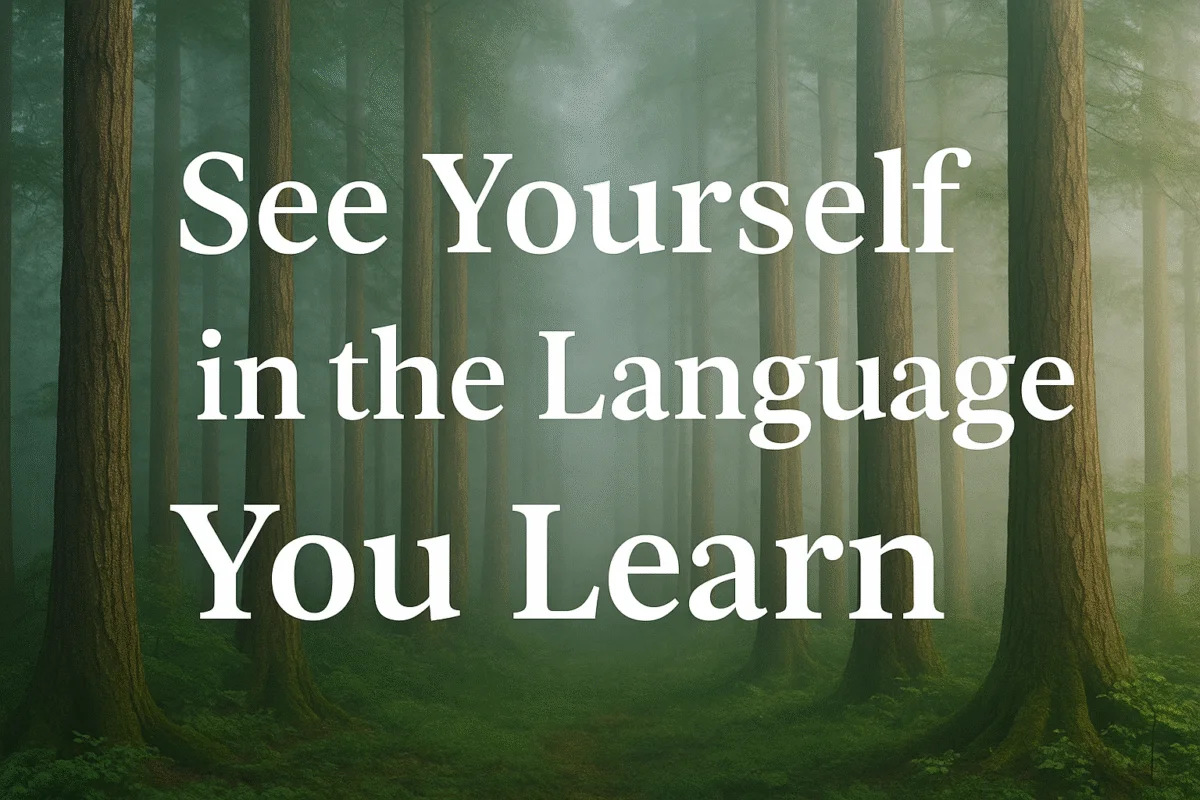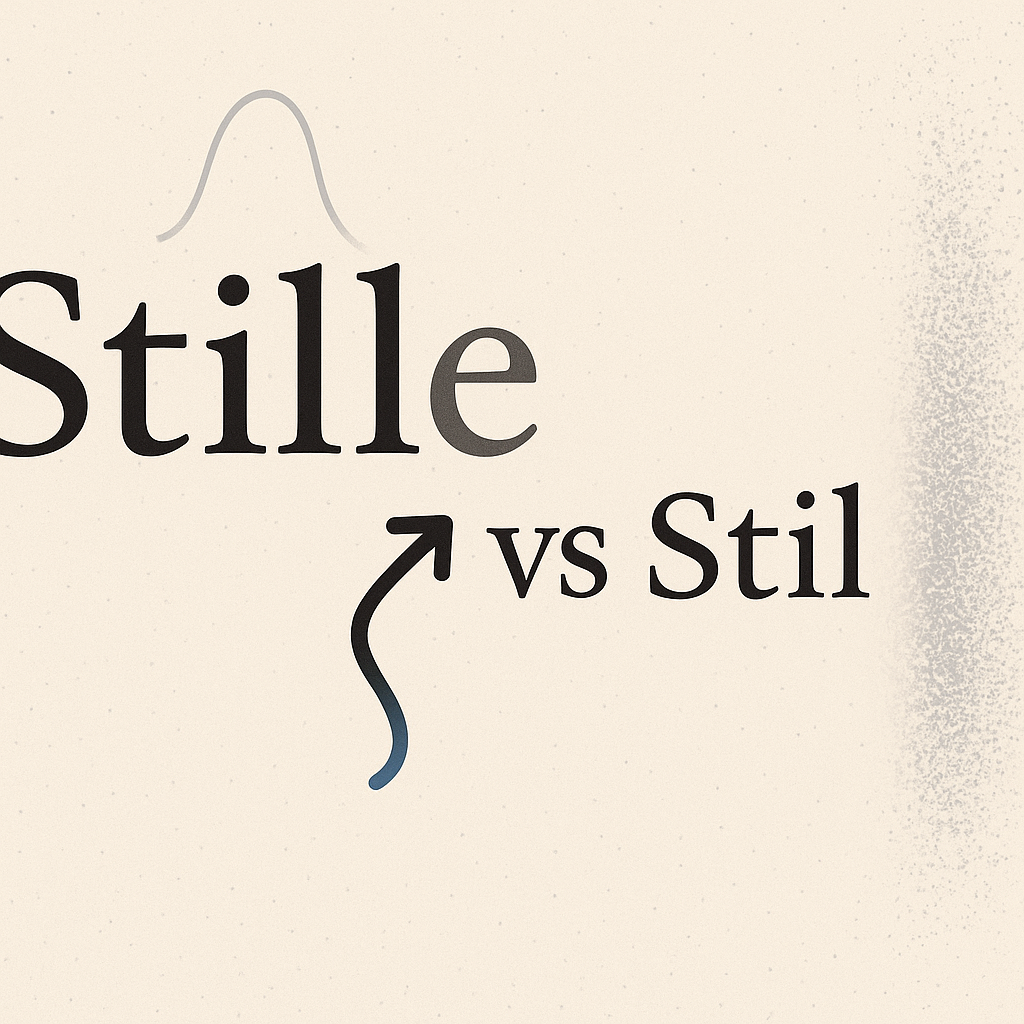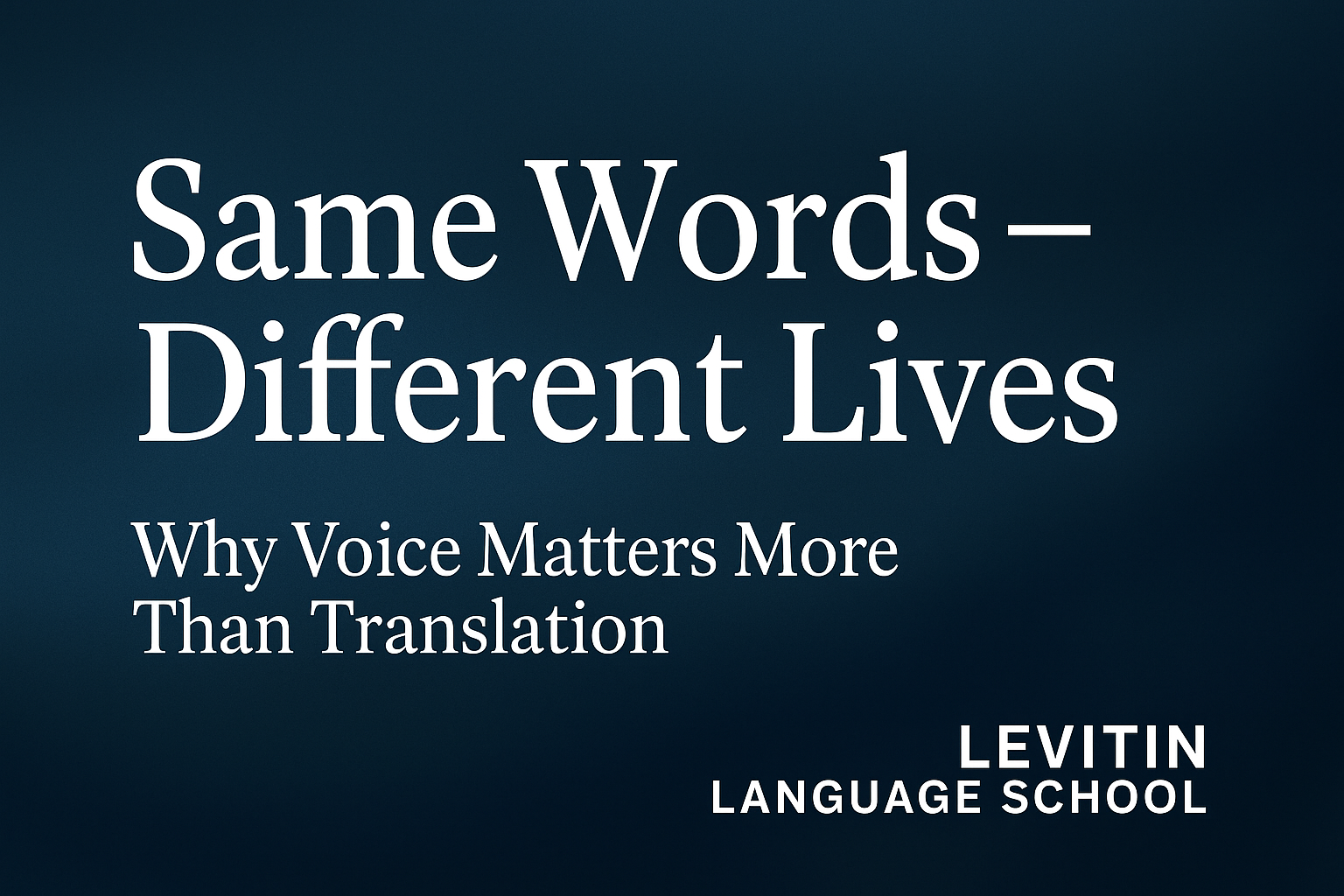Когда мы начинаем изучать новый язык, большинство из нас ожидает, что мы запомним слова, освоим грамматику и в конце концов сможем вести достойную беседу. Но каждый, кто по-настоящему глубоко изучал язык, знает: происходит нечто более глубокое. Новый язык не просто показывает, как говорят другие, - он показывает как вы думаете, чувствуете, избегаете, реагируете, подключаетесь или молчите. Язык - это не просто навык. Это зеркало.
Что отражает язык
Изучение языка позволяет узнать о себе то, что в противном случае могло бы остаться скрытым. Например:
- Говорите ли вы прямо или смягчаете все вежливыми намеками?
- Вам удобнее описывать вещи или выражать чувства?
- Можете ли вы уверенно сказать "нет" - на любом языке?
Это не просто лингвистические способности. Они отражают вашу личность, эмоциональные привычки, воспитание и даже культурные убеждения. Язык не создает их - он их обнажает.
"Я хочу" против "Я бы хотел" - Урок самовосприятия
Возьмите простую фразу вроде "Я хочу...". В некоторых культурах это прямое и приемлемое выражение. В других она считается грубой или агрессивной. Многие студенты инстинктивно предпочитают "Я бы хотел...", даже если они сделать хотят чего-то - не потому, что фраза неправильная, а потому, что говорящему неудобно быть напористым.
Это не проблема грамматики. Это проблема самовосприятия.
Когда ученики не решаются сказать "у меня это хорошо получается" или "я чувствую гордость", мы знаем, что не просто учим лексику - мы работаем с чьей-то личностью.
Грамматика самости
Каждое предложение - это больше, чем структура. Это размышление. На уроках языка люди открывают для себя, что они:
- Не знаю, как говорить об эмоциях.
- Чувствуйте себя виноватым, обращаясь с просьбами.
- Не любят хвалить себя.
- Чрезмерно часто извиняйтесь - на любом языке.
Это не ошибки перевода. Это человеческие шаблоны. И когда язык проливает на них свет, изменения становятся возможными.
Язык - это путешествие внутрь себя
Когда ученики осознают, что говорить на другом языке - это не просто общение, это интроспекцияВсе сдвигается с места.
Внезапно борьба за то, чтобы что-то сказать, сводится не к словам. А в том, чтобы разрешение - быть ясным, быть видимым, занимать место.
Вот почему изучение языка никогда не бывает только интеллектуальным. Оно личностно. Трансформационный. Оно позволяет вам:
- Услышьте себя в новом ритме.
- Осознайте, чего вы избегаете.
- Посмотрите правде в глаза.
Последняя мысль
Если вы подходите к языку как к инструменту, вы научитесь говорить. Но если вы подойдете к нему как к зеркалоВы научитесь понимать не только язык, но и себя.
Авторская колонка: Тимур Левитин - основатель, директор и старший преподаватель Языковой школы Левитина / Start Language School by Tymur Levitin
🔗 Взгляды из международного блога: https://levitinlanguageschool.com/blog/
























